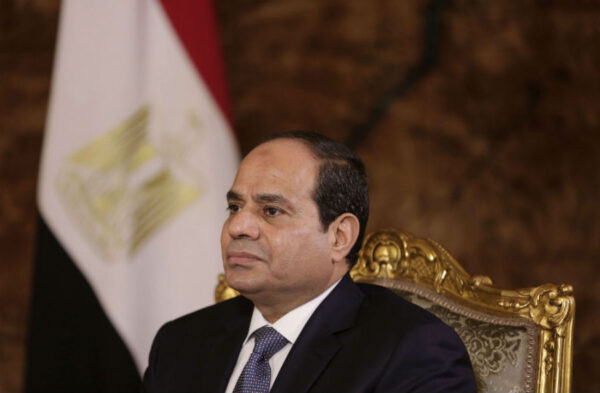The International Monetary Fund (IMF) announced on Thursday, July 3, that it will combine the fifth and sixth reviews of the $8 billion support program granted to Egypt last fall. This decision aims to give authorities more time to finalize certain key reforms, particularly those concerning the role of the state in the economy.
During a press briefing, IMF spokesperson Julie Kozack stated that the two reviews will be merged and examined together in the fall, following “fruitful” discussions between the Fund and the Egyptian government during the IMF mission to Cairo last May. She praised the progress made in combating inflation and rebuilding foreign exchange reserves, while calling for an acceleration of structural reforms.
“The Egyptian government is undertaking ambitious economic and structural reforms aimed at creating a more competitive, green economy driven by the private sector,” said Minister of International Cooperation Rania A. Al-Mashat.
In a country where the private sector is increasingly encouraged by the state to become an engine of economic growth, the government has embarked on a reform program to increase the share of the private sector in total investments and reduce the share of public investments. This policy includes privatization of state-owned enterprises and measures to simplify administrative procedures for businesses.
Government data indicates that the private sector currently accounts for about 30%, compared to the desired rate of over 70% by the executive. In this context, the government has already announced the sale of assets in state-owned enterprises for around $1.9 billion.
It is worth noting that the transfer of public assets to the private sector is also a pillar of the World Bank’s strategy in the country. This is done through a divestment program and the implementation of an Asset Monetization Program to stimulate private investments.


